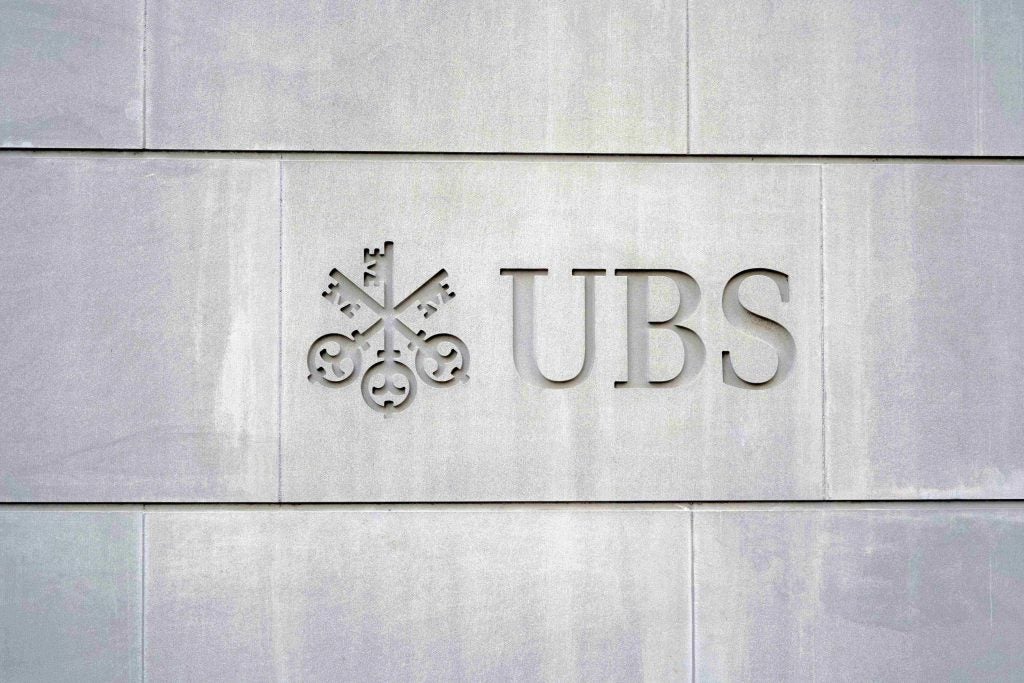
According to the most recent bfinance research, there has been a shift in investor attitude, with a greater interest in new managers, particularly in developed market equities.
Equities in incredible demand
Due to interest rate hikes, inflation, and geopolitical difficulties, last year was a bad year for both equities and bonds, but this year is better.
Equities are once again popular, with the number of searches for new equities managers in the first quarter equalling the preceding three quarters combined.
Private market asset classes remain popular maintaining the pattern from Q4 2022, accounting for nearly 60% of new mandates from bfinance clients in the last year.
When looking for equities managers, investors choose established markets over emerging ones, with 76% of searches in the last 12 months focusing on developed markets.
Similarly, investment grade fixed income managers are in high demand, making up 31% of new fixed income manager searches.
How well do you really know your competitors?
Access the most comprehensive Company Profiles on the market, powered by GlobalData. Save hours of research. Gain competitive edge.

Thank you!
Your download email will arrive shortly
Not ready to buy yet? Download a free sample
We are confident about the unique quality of our Company Profiles. However, we want you to make the most beneficial decision for your business, so we offer a free sample that you can download by submitting the below form
By GlobalDataDiversifying techniques remain in high demand, representing 10% of new manager searches.
Investors continue to prioritise impact investment and ESG, with a growing interest in impact private equity and natural resources/carbon offsetting.
Risk assessment
The financial market was quiet at the start of the year, but volatility in the first quarter caused the bfinance Risk Aversion index to reach its highest level since June 2022.
Despite the heightened risk, multi-asset managers expanded their exposure to risky assets.
In the fourth quarter of 2022, average equity allocations among these managers were at their lowest level since the Global Financial Crisis, but in the first quarter of 2023, managers increased their equity allocations to capitalise on boosting equity markets.
Portfolio layout
In the exceedingly difficult market of 2022, both equities and bonds suffered significant losses as standard investment portfolios failed to provide sufficient diversification.
As a result, portfolio planning and diversification will be important themes for bfinance clients in 2023.
With the US and European consumer markets being upbeat, China reopening, and a decline in global inflation, the global economy has grown steadily.
However, a number of indicators indicate to a slowdown in the global economy and a drop in earnings projections for the remainder of the year.
Risky assets are unsuitable, the Fed’s actions have an impact on the economy, and banking crises have an impact on lending standards and consumers facing higher interest rates.
Furthermore, concerns regarding portfolio resilience have increased scrutiny of the portfolio modelling inputs.
As a result, engaged investors want to be more actively involved in the modelling process and seek appropriate customisation.
Manager efficiency
Equities: Despite a broad market decline in 2022 (-18% MSCI World in USD) and bank failures, the first quarter of 2023 saw a steady stock market rebound with positive returns (+8%).
Global developed markets did better than China (+6% MSCI China All Shares) and global developing markets (+4% MSCI EM).
Global equity interest has increased from 42% to 59% of new equity manager searches.
Fixed income: BFINance clients use low duration solutions to guard against inflation and interest rate changes, such as floating rate syndicated loans or multi-asset credit strategies.
Both approaches have a larger credit risk but a higher yield, reducing the opportunity cost in terms of return.
Active managers were relatively successful in the investment grade category in the United States: 63% outperformed, with a top quartile outperformance of +0.35%, net of management costs.
The situation was more severe in Europe, where 47% of active managers outperformed the market, with a top quartile outperformance of +0.16%, net of fees.
In the United States, only 26% of active managers outperformed the market, while 39% of European high yield managers outperformed their peers.
Diversifying strategies: Despite a volatile start to 2023, the liquid alternatives area performed well overall.
bfinance Equity Long/Short composite, along with Credit & Fixed Income, had a favourable first quarter, whereas the Event Driven composite had a solid January but lost ground in the next two months.
Private markets: Private debt continues to reign dominant in new private market manager search activity, accounting for 35% of all new private market manager searches in the year to the end of March.
Private equity is on the rise, accounting for 23% of all searches as demand for this asset type rises.
Although, real estate search activity fell even more in the year to the end of March, accounting for only 15% of all manager searches.
Kathryn Saklatvala, head of investment content at bfinance, said: “It was very interesting to see demand for equity managers among our global institutional client base rebounding so strongly in Q1 after an unusually quiet period in mid-to-late 2022. Indeed, the number of searches in Q1 equalled the three previous quarters combined. Manager search activity is often an useful early barometer of investor sentiment since it is more reactive and volatile than formal asset allocation figures. Throughout the last twelve months, client demand for private market strategies has remained very high – despite the ‘denominator effect’ – although appetite for real estate declined from mid-2022 onwards.”







